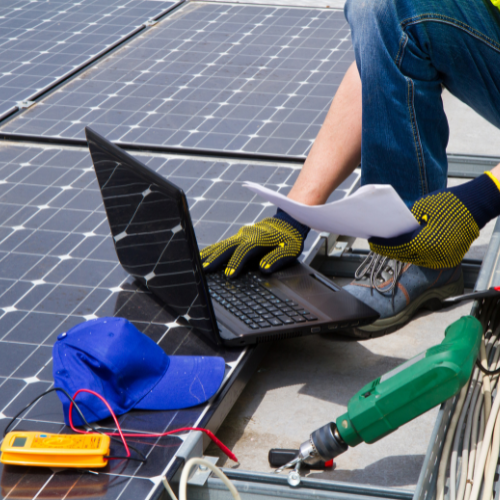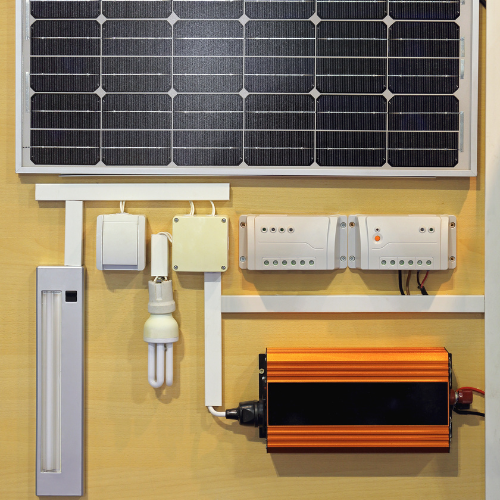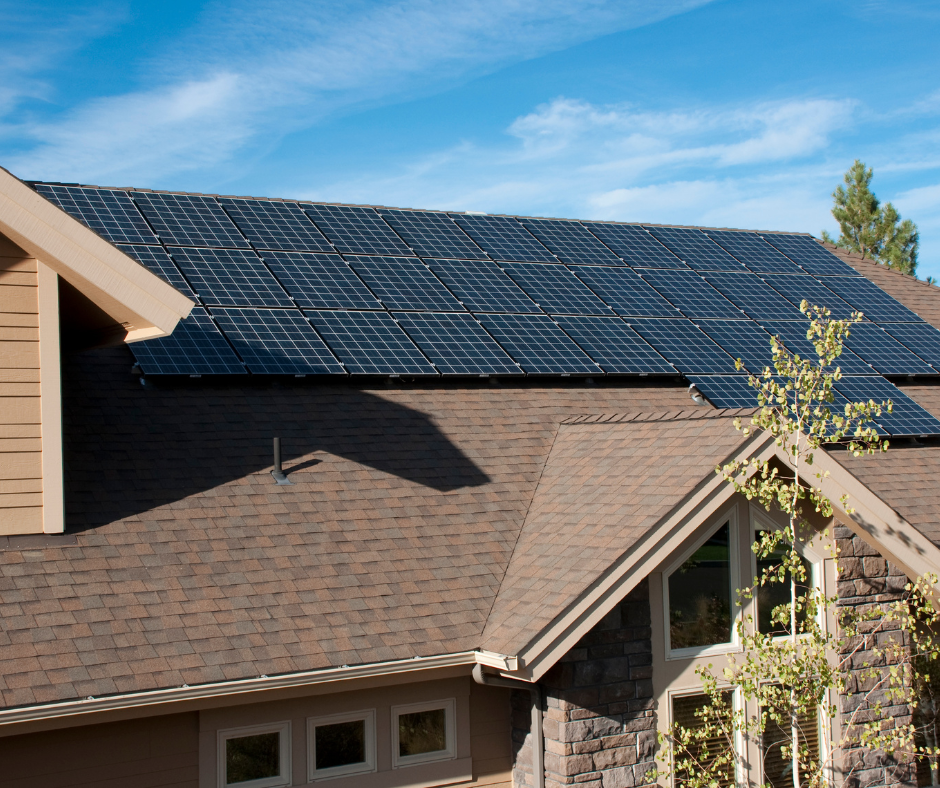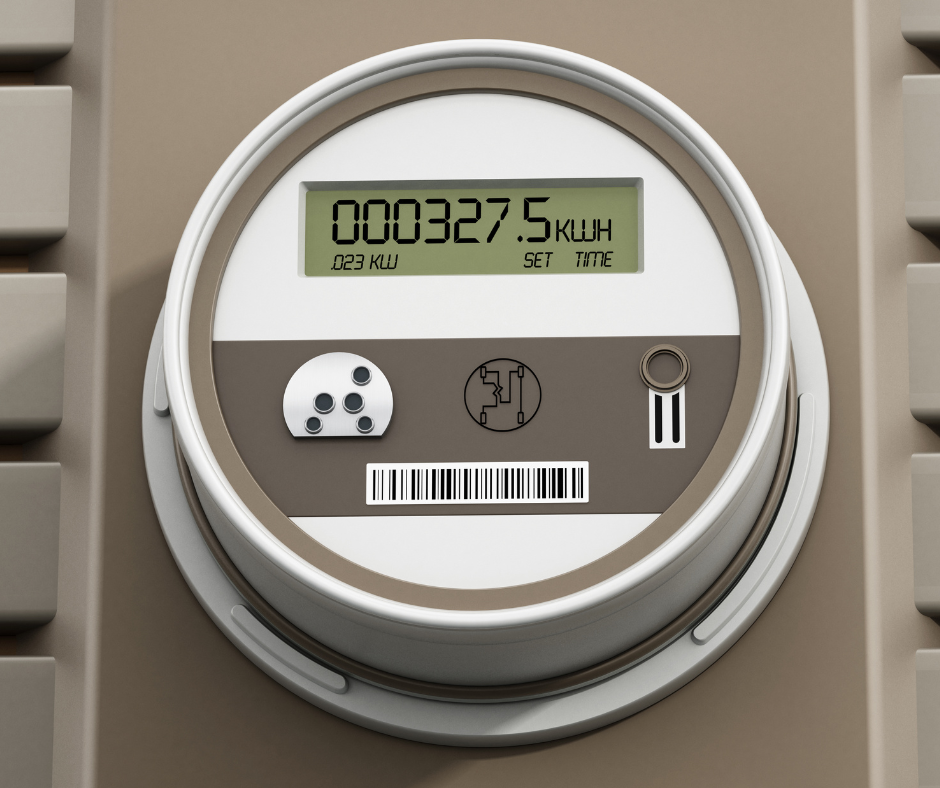You’ve probably heard from your neighbor or someone else that you could save money with solar. We are here to tell you that it is true – making the switch to eco-friendly solar energy can save you money. It will help you reduce utility bills and provide you substantial tax incentives. However, we aren’t here to talk about those topics – but to cover the concept of net metering. We will discuss what net metering is, how it works, and where this is actually an option.

What is Net Metering?
Net metering is often referred to as net energy metering. Net energy metering is when electric companies pay you back for the excess solar power produced by your photovoltaic system. As many know, there is an energy meter at each home. This is a way to tell how much energy a household has consumed. It also gives energy companies the accurate reading on what to charge customers.
When your solar energy system happens to produce more electricity than needed, this power can be filtered back to the electric company. The meter would then be able to read the change, resulting in a payment from the utility company. Net metering is essentially the net of energy consumed and produced at a household. If solar produces more, then the homeowner gets paid!
This is one of the various benefits of making the switch to solar power. You can even get paid to do it through net metering programs offered nearby.

Where is Net Metering an Option?
Many places allow for this service. There are several states in the U.S. that allow net metering, meaning there are areas where it is even more worth it to invest in solar energy. Additionally, there are also requirements that may need to be met, but the following states currently allow net metering:
- Arkansas
- California
- Colorado
- Connecticut
- Delaware
- Maine
- Maryland
- Minnesota
- Nevada
- New Jersey
- New York
- Oregon
- Pennsylvania
- Rhode Island
- Utah
- Washington
- West Virginia
Check with local solar energy providers about your eligibility for net metering. It is definitely an opportunity to take advantage of if applicable to you and your home.
Can I actually Save Money?
Yes, you can save and make money by going solar. In regards to net metering, utility companies often pay homeowners the retail rate of the energy. This means that they will buy it back at the price you paid for it! Sometimes, this is even increased to cover generation fees and other related costs. Give us a call today to learn more.










